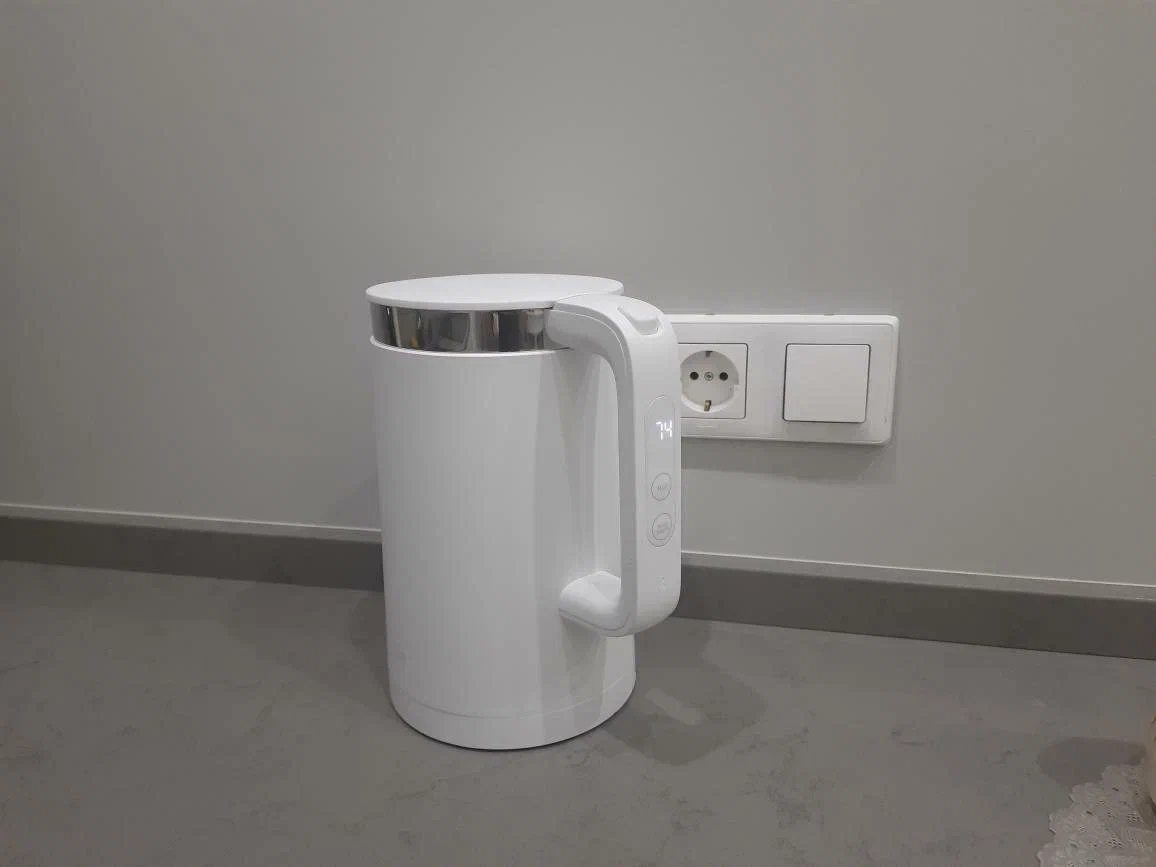When clogs appear in pipes, many people do not understand exactly what to do with them. In this case, they often perform "chaotic" movements that turn out to be meaningless or dangerous in the end. Therefore, it is worth understanding why you should not pour boiling water when there are clogs.
Risk of damage to pipes
Boiling water, unlike chemical agents, has a very high temperature.
Boiling water entering a clogged pipe can lead to unforeseen consequences, such as deformation or even cracks in the pipes. This is especially likely when boiling water is used in old or worn-out water supply systems.

Negative impact on rubber seals
Boiling water can damage rubber seals and gaskets used in plumbing connections.
High temperatures can cause them to deform or even completely break, which will subsequently lead to leaks and leaks in the system.
Ineffectiveness in solving the problem
Boiling water is generally not able to completely destroy grease blockages. It can temporarily soften them, but in most cases it will not lead to the complete removal of the problem.
Moreover, mixing boiling water with fatty deposits can create an even denser and more difficult to remove mass.
Dangerous way
In addition to the risk to the pipes, it is also worth remembering your own safety.
Using boiling water to remove blockages can cause accidental scalding and serious skin damage. Of course, the risk is not that significant, but it should be taken into account.
Previously, we talked about what can replace bleach .
